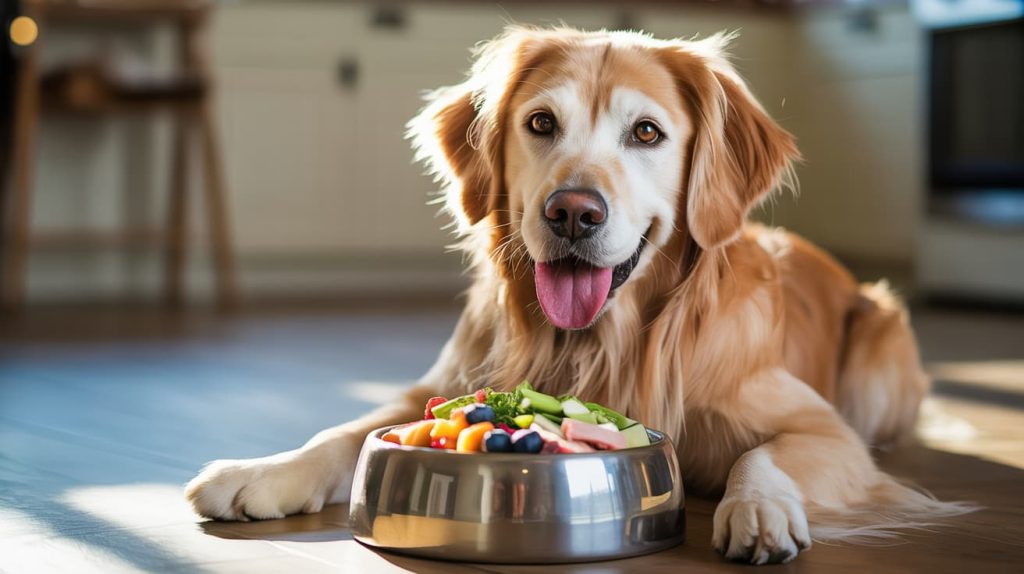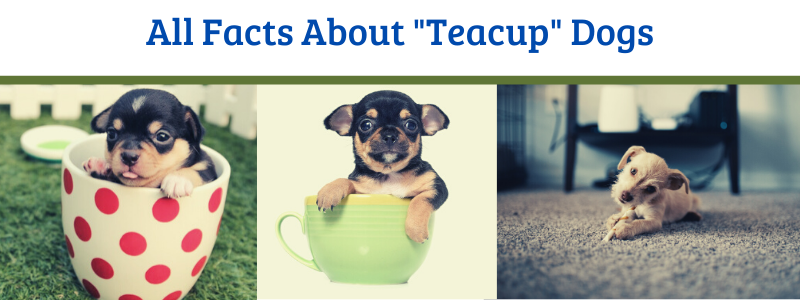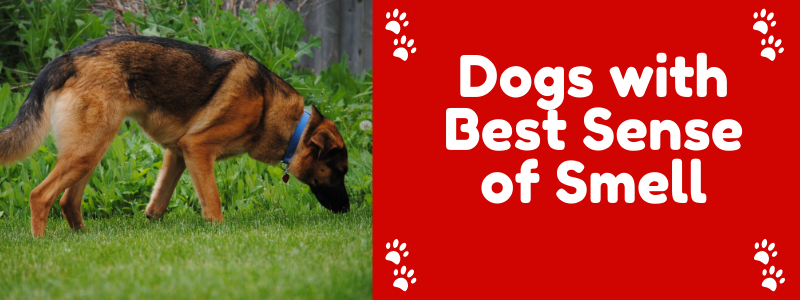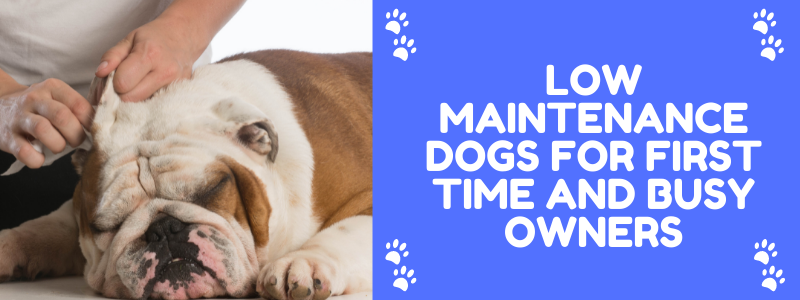If your Golden Retriever could talk, their favorite word would probably be “food.”
Let’s be real — Goldens are professional snack enthusiasts. They’ll happily eat breakfast, second breakfast, lunch, dinner, and whatever falls off your plate in between.
But here’s the catch: just because they want to eat everything doesn’t mean they should.
Feeding a Golden Retriever the right diet can make a world of difference — from their shiny coat to their joint health and energy levels. So, let’s talk about how to keep that tail wagging and tummy happy (without letting your Golden turn into a walking bread loaf).
Understanding a Golden Retriever’s Nutritional Needs
Golden Retrievers are medium-to-large dogs with big hearts… and even bigger appetites.
They’re active, playful, and prone to a few health issues (like obesity and joint problems), so their diet needs to support strong muscles, healthy joints, and balanced energy.
Here’s what a healthy Golden diet should include:
- High-quality protein (for muscle strength)
- Healthy fats (for that glossy golden coat)
- Carbohydrates (for energy, but not too much)
- Vitamins and minerals (for immunity and overall health)
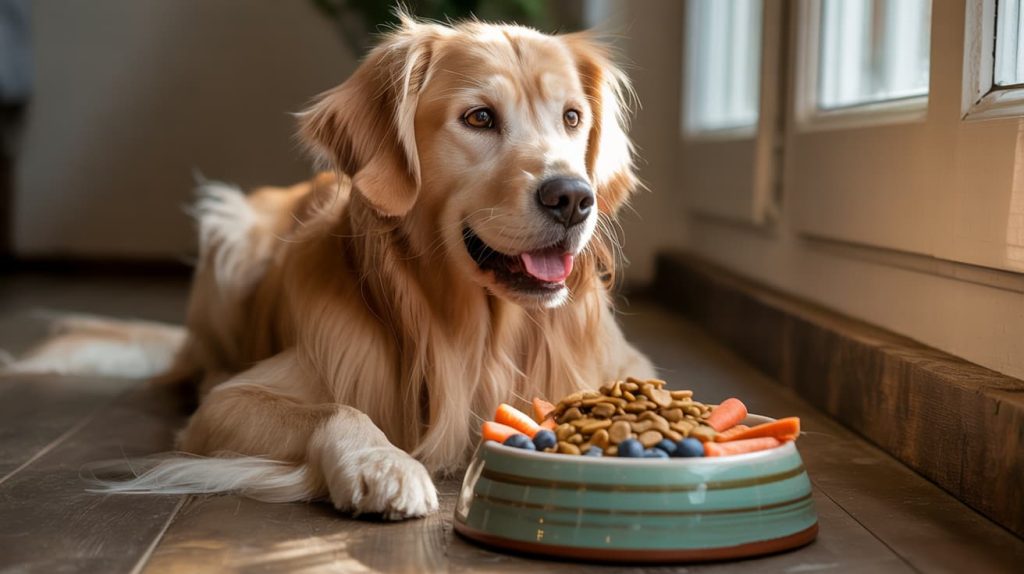
How Much Should You Feed a Golden Retriever?
This depends on their age, weight, and activity level — but on average:
- Puppies: 3–4 small meals a day
- Adults: 2 meals a day
- Seniors: Smaller portions to prevent weight gain
Most adult Goldens eat around 2½ to 3½ cups of dry food daily, split into two meals.
Of course, every dog’s different — some need more, some less. The trick is to keep an eye on their waistline. If your Golden starts to look like a fuzzy potato, it’s diet adjustment time.
Best Types of Food for Golden Retrievers
Let’s break down your options, because not all dog food is created equal.
🍖 1. Dry Kibble
The go-to choice for most owners — convenient, budget-friendly, and available everywhere.
Just choose a premium brand with real meat listed as the first ingredient. Avoid mystery “meat meals,” fillers, and artificial colors.
Look for kibble that includes:
- Chicken, lamb, or fish protein
- Omega-3 fatty acids for coat health
- Glucosamine for joints
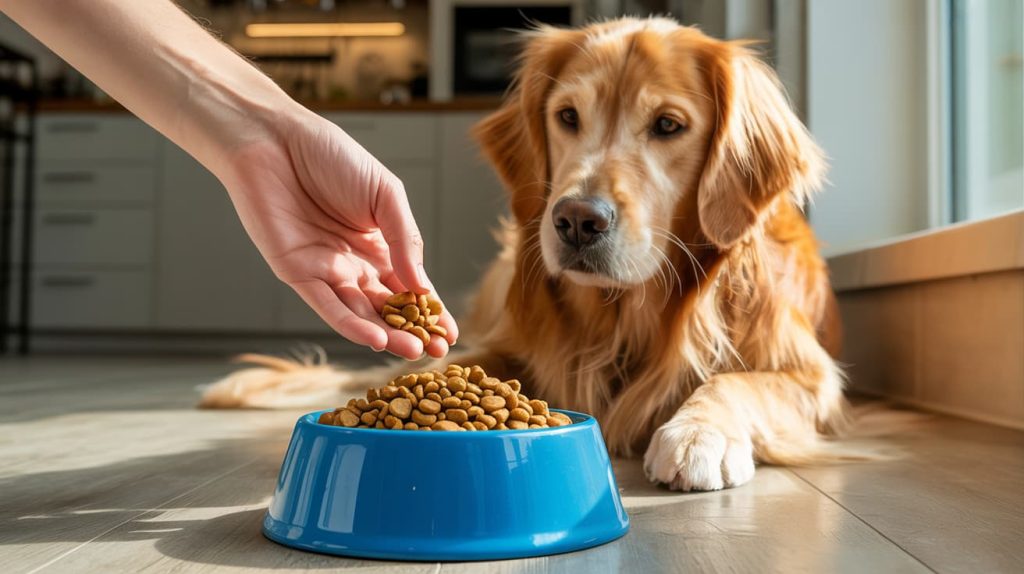
🥩 2. Wet Food
Tasty and aromatic (aka irresistible to Goldens), wet food can be great as a topper or occasional treat.
It’s higher in moisture, which helps with hydration — but feeding only wet food can get pricey.
Pro tip: Mix a spoonful of wet food with kibble for a balanced, flavorful meal.
🥗 3. Fresh or Homemade Meals
If you’re into cooking for your pup (you overachiever, you), fresh meals can be amazing — but only if they’re balanced. Dogs need precise ratios of protein, fat, and carbs, plus essential vitamins.
If you go the homemade route, talk to your vet or a canine nutritionist to avoid deficiencies.
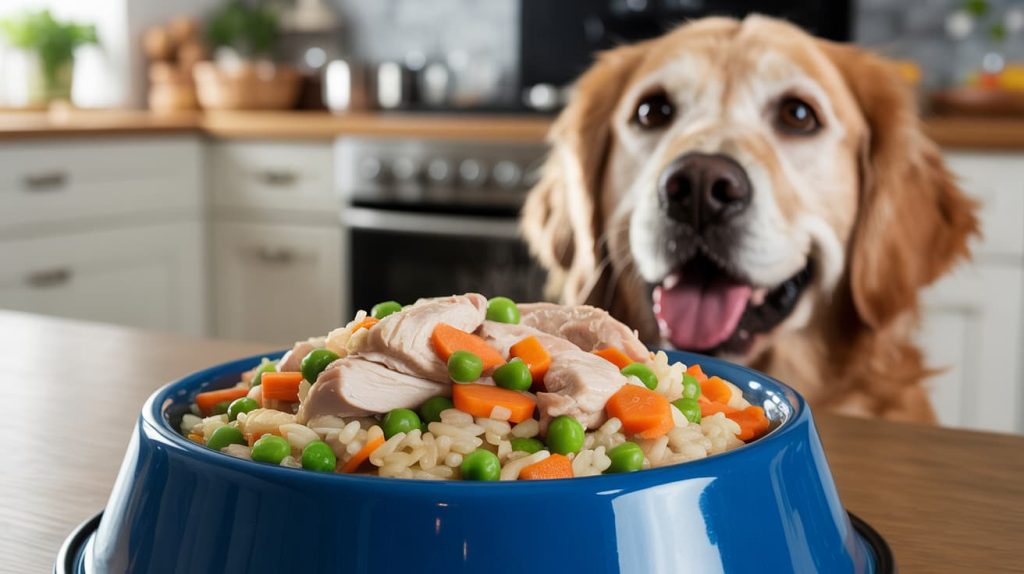
🐟 4. Raw Diet (BARF)
The “raw diet” trend (Biologically Appropriate Raw Food) is popular among dog enthusiasts.
It includes raw meat, bones, fruits, and veggies. Some owners swear by it — shinier coats, cleaner teeth, more energy.
But, raw feeding can be tricky. It requires careful handling and balance to avoid bacteria and nutritional gaps.
If you’re new to it, consult your vet before diving in.
Foods to Avoid for Golden Retrievers
Not everything that’s good for you is safe for your furry friend.
Some human foods can cause digestive issues — or worse, be toxic.
Keep these far, far away:
- Chocolate (yes, even “just a bite”)
- Grapes and raisins
- Onions and garlic
- Avocado
- Cooked bones (they splinter!)
- Too much dairy
- Anything with xylitol (a sugar substitute found in gums and sweets)
Golden Retriever Puppy Diet: Fuel for Growth
Puppies grow fast — and they need extra nutrients to support healthy development.
Go for puppy-specific formulas that are rich in protein, calcium, and DHA (for brain and eye development).
Avoid feeding adult dog food too early; it doesn’t have the right nutrient balance for their growing bones.
And whatever you do, don’t overfeed — puppy chubbiness might be cute now, but it can lead to joint issues later.
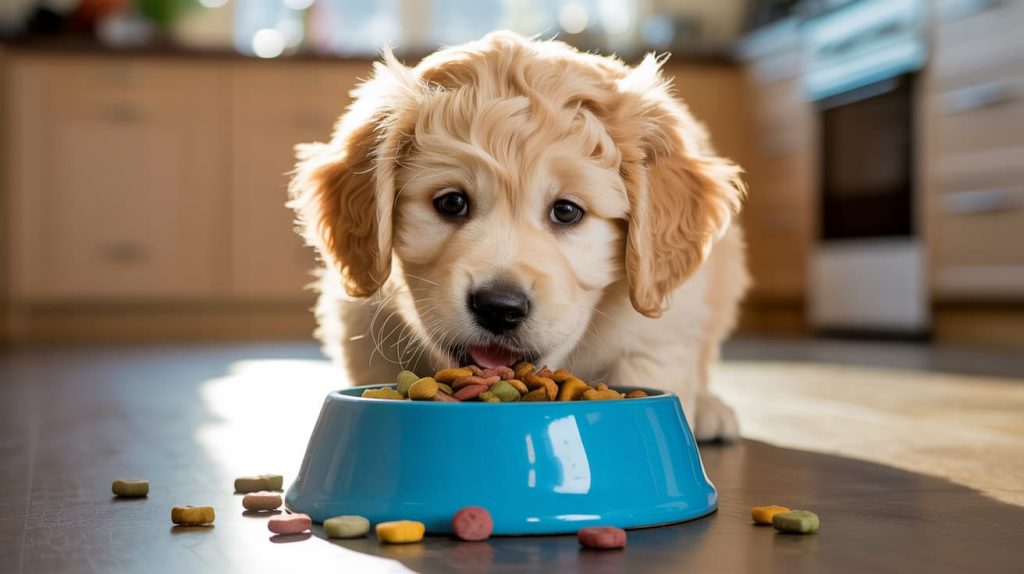
Golden Retriever Supplements: Do They Need Them?
If your dog’s eating a high-quality diet, supplements aren’t always necessary — but they can be helpful for specific needs.
Common supplements for Goldens:
- Glucosamine and chondroitin: For joint health
- Fish oil: For a shiny coat and healthy skin
- Probiotics: For digestion and gut balance
Always check with your vet before adding anything new — too much of a good thing can backfire.
How to Tell If Your Golden’s Diet Is Working
A healthy diet shows — literally.
Here’s what to look for:
- Glossy coat (shiny, not oily)
- Bright eyes and alert expression
- Steady energy levels
- Healthy weight (you should feel ribs, not see them)
- Small, firm stools (yeah, we’re going there — poop says a lot)
Common Feeding Mistakes (and How to Avoid Them)
Even the most loving dog parents slip up sometimes — here are a few habits to avoid:
- Overfeeding: “More food = more love” is not a healthy formula.
- Too many treats: They should make up less than 10% of daily calories.
- Free-feeding: Leaving food out all day = chubby Golden guaranteed.
- Sudden diet changes: Always transition slowly to avoid tummy troubles.
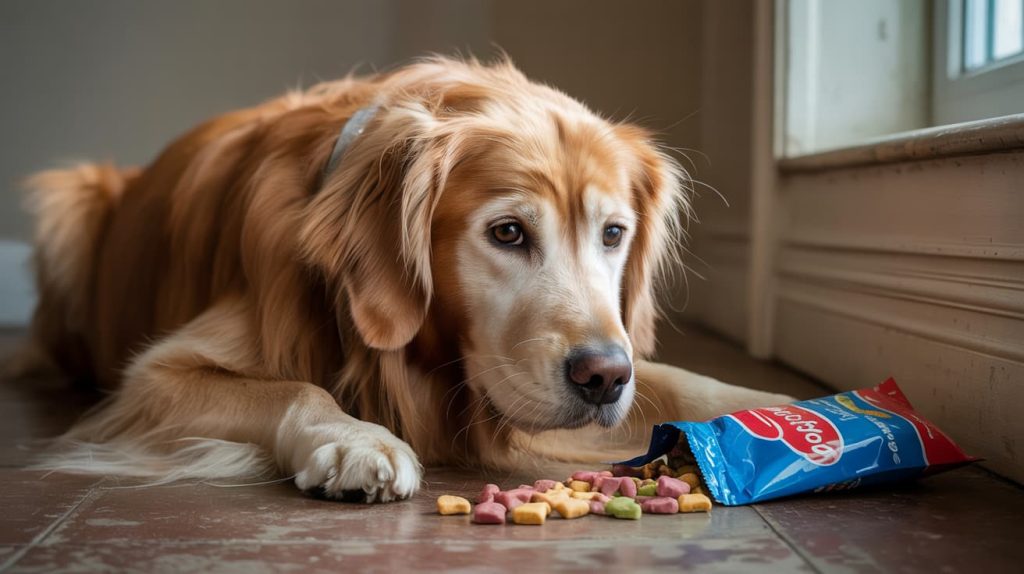
Sample Feeding Schedule for Adult Goldens
Here’s a simple routine you can follow:
| Time | Meal | Notes |
|---|---|---|
| 7:00 AM | Breakfast | 1½ cups of kibble + a little wet food |
| 5:00 PM | Dinner | 1½–2 cups kibble |
| Anytime | Water | Always fresh and clean |
| Occasionally | Treats | Healthy, low-calorie snacks |
Consistency is key — Goldens love routine almost as much as they love dinner time.
Final Thoughts: Feed with Love (and Common Sense)
Feeding your Golden Retriever isn’t just about keeping them full — it’s about keeping them healthy, energetic, and glowing from the inside out.
Choose nutritious food, watch their portions, and give them the occasional treat (because they deserve it).
A healthy diet equals a happy, long-lived Golden — and more years of belly rubs, goofy smiles, and those big brown eyes begging for “just one more bite.”
🖼️ Image prompt: A smiling Golden Retriever sitting happily beside a bowl of fresh, healthy food, tail wagging.

